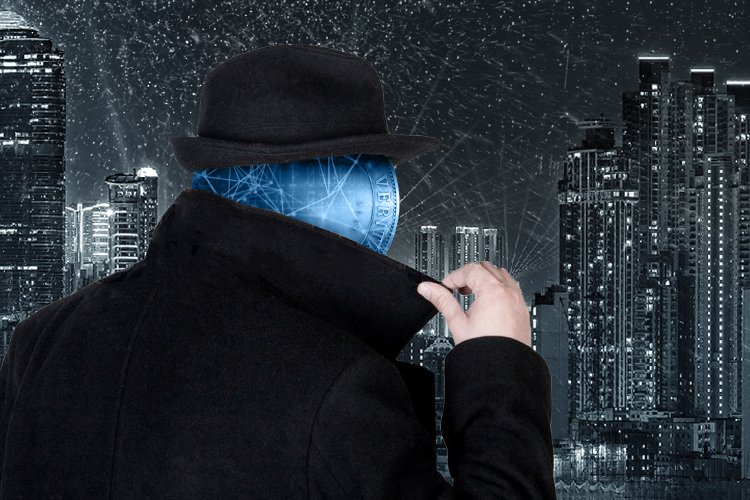DEA To Take Control Over The Dark Web

Bitcoin is not withdrawing from the darknet market. Despite the fact that the number of crimes paid by virtual money decreased in percentage terms, the "cost" of every crime has risen. This was stated by the U.S. Drug Enforcement Administration (DEA) special agent Lilita Infante at a meeting with journalists.
While in 2013 90% of bitcoin transactions was of a criminal nature (drug trade, buying guns, otherwise unlawful acts), in 2018 the part of crypto money's criminal traffic decreased to 10%. But in numbers, or dollars, the total turnover of digital currency has increased many times, that was very much promoted by the sharp rise in the cost of cryptocurrency and the exponential increase in the number of transactions.
This tendency has prompted the management of the DEA to create a special team which controls cryptoassets movements in dark web. In this, the members of the team, which are only 10, faced main problems of crypto money - it's anonymity and the speed of transactions. "Crypto conversions are cheaper and safer from the point of view of criminals, — said Infante. — But this is a double-edged sword for them because law enforcement agencies use blockchain framework too".
Indeed, decentralized trade resources which are beyond the control of banks of another structures controlling currency rotation, cause enough trouble not only for the Drug Enforcement Administration but for the NSA, FBI, Bureau of Alcohol, Tobacco, Firearms and Explosives as well. And, frankly speaking, there are no infallible techniques allows to catch criminals in the internet yet.
But there is one absolute economical rule: legal market always displace illegal if there appear any preconditions for the quantitative growth of the economic activities counterparts. Crypto money is not an exception. The more industries use blockchain the less criminal crypto market gets.
We do not need to go far in search of example. Remember the USA in the 1930s or Russia in the 1990s. It seemed that gangsters are omnipotent and unsanctioned and the life beyond law is attractive. But all this has passed only because legal business occupied those economic niches that were controlled by criminals. And it was followed by authorities empowered with the legitimate use of violence.
"In the 1990s in Russia taxmen were scared to come to kiosks in market squares and stations, because you never knew what you were going to get — tax revenue or bullet, — says Timur Aitov, vice-chairman of Russia Chamber of Commerce and Industry Subcommittee on payment instruments and information security. — But the market progressively went legit and, as many believe, criminal networks preferred to move on the side of the law. Because the legalization was followed by law enforcements which squeezed out criminal".
The dark side of the economics will never disappear, as it was and ever shall be. But economical laws will kick in some day: living outside will become inconvenient.